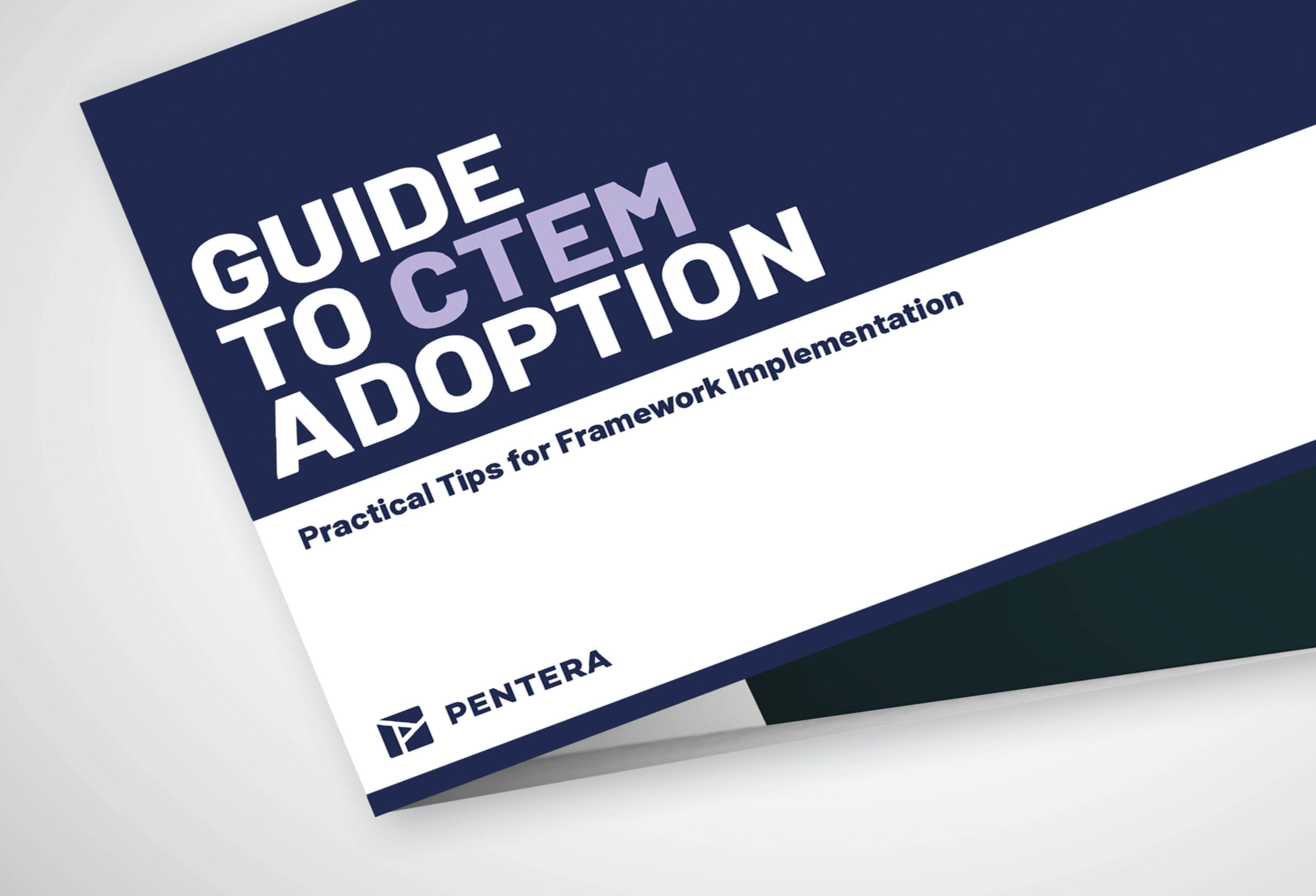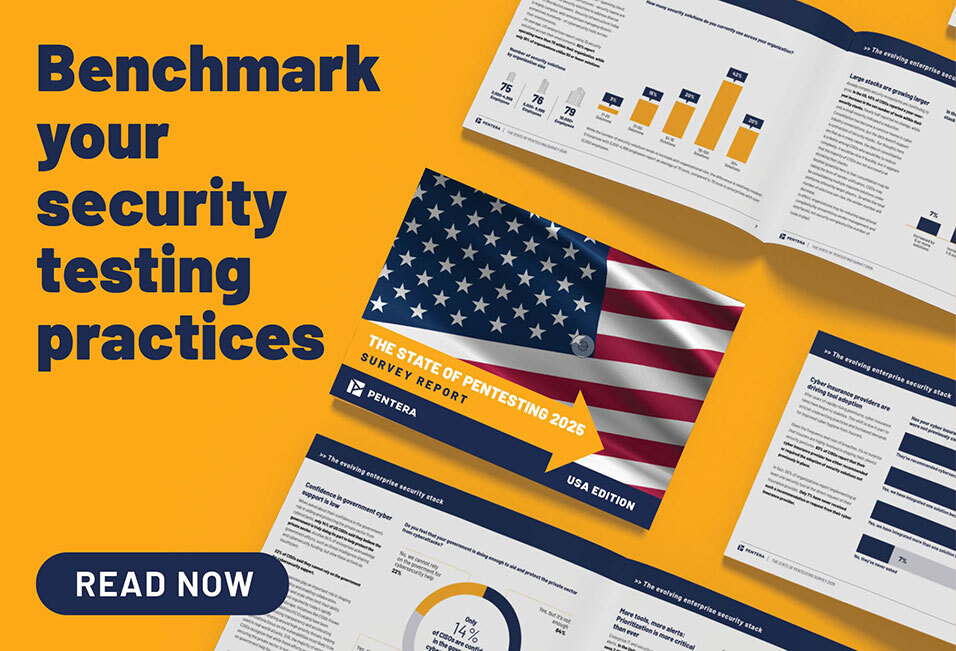What is Sensitive Data Protection in the Cloud?
Sensitive Data Protection in the Cloud refers to the strategies, measures, and techniques that organizations employ to safeguard confidential information stored or processed in cloud environments. This involves implementing access controls, encryption technologies, and compliance measures to protect against unauthorized access and adhere to data protection regulations.
Exposure Management strategies often prioritize Sensitive Data Protection to prevent unauthorized access to critical data, ensuring compliance with privacy and security standards.
How is Sensitive Data handled in Cloud environments?
In cloud environments, secure storage, access, and transmission protocols are used to handle sensitive data. Encryption is applied to data both at rest and in transit, and strict access control and authentication mechanisms are utilized to prevent unauthorized access. Additionally, data can be anonymized to protect certain sensitive information, while cloud providers also use tools and techniques like Intrusion Detection Systems (IDS) and audits to ensure protection measures align with regulations and industry standards.
What are the Key Threats to Sensitive Data in the Cloud?
Organizations must be mindful of threats to sensitive data in cloud environments. Key threats include:
- Weak Access Controls: Sensitive data can be exposed to unauthorized access if authentication and authorization mechanisms are inadequately deployed. Examples include poor password practices and a failure to implement multi-factor authentication (MFA).
- Infrastructural Vulnerabilities: Weaknesses in a cloud provider’s infrastructure may present opportunities for threat actors. This can result from incorrect configurations or unpatched vulnerabilities.
- Malware and ransomware: Compromised endpoints or networks can allow malicious software, like malware and ransomware, to infiltrate cloud environments, placing sensitive data at risk of theft or tampering.
- Insider threats: Employees or contractors with access to sensitive data may leak information, intentionally or unintentionally.
What are the Best Practices for Sensitive Data Protection in the Cloud?
Organizations can employ best practices to ensure that sensitive data remains protected in cloud environments:
- Encryption: Applying robust encryption algorithms to sensitive data, both at rest and in transit, safeguards it from tampering and unauthorized access.
- Access Controls: Implementing strict authorization and authentication measures, such as MFA and role-based access controls, ensures that only authorized personnel have access to sensitive data.
- Data Masking: Obscures sensitive information while maintaining data structure, enabling safe use in testing and development.
- Backup and Recovery: Comprehensive backup and disaster recovery plans protect against data loss in the event of an incident (e.g., ransomware).
- Monitoring and Logging: Maintaining a continuous view of access activities, combined with automated security tools like IDS, help detect and respond faster to suspicious activities.
- Auditing: Regular security audits and assessments help identify and mitigate vulnerabilities before they can be exploited.
- Compliance Due Diligence: Vet cloud providers and services to verify their compliance with data protection regulations and industry standards.
- Awareness Training: Conducting employee awareness training ensures alignment with the latest data protection practices and prevents accidental leaks or breaches.
Unlocking the Power of the Cloud with Sensitive Data Protection
As cloud computing evolves, organizations seek to leverage its flexibility and scalability. Effective protection of sensitive data in cloud environments is essential. By adhering to best practices and leveraging automated technologies, organizations can manage cyber risk and ensure the confidentiality, integrity, and availability of sensitive data, harnessing the power of cloud computing without compromising security.
FAQs
How can organizations protect sensitive data in the cloud?
To protect sensitive data in cloud environments, organizations should leverage automated security platforms for continuous monitoring and follow best practices, including encryption, regular auditing, and strict authentication and authorization mechanisms.
What are the compliance considerations for sensitive data in the cloud?
Primary compliance considerations revolve around the practices and measures employed by cloud service providers. To ensure adherence to industry regulations and standards like GDPR, PCI DSS, and HIPAA, organizations should conduct regular compliance audits to vet cloud providers and services.
Why is sensitive data protection critical in cloud environments?
Sensitive data protection is critical in cloud environments because it helps organizations mitigate business risks by preventing data breaches and maintaining regulatory compliance.
Identify cloud vulnerabilities.
Detect and address vulnerabilities in your cloud environment.


